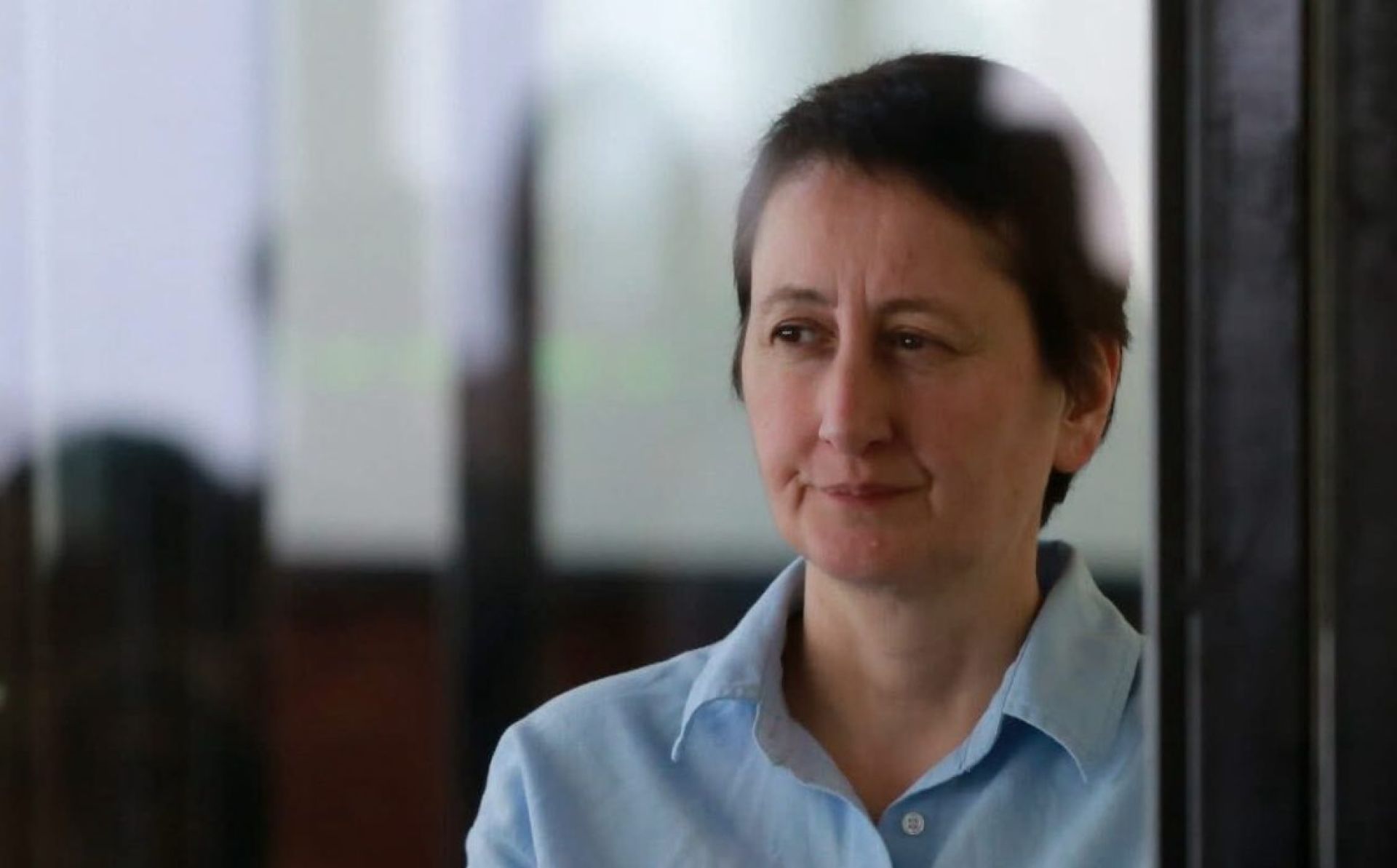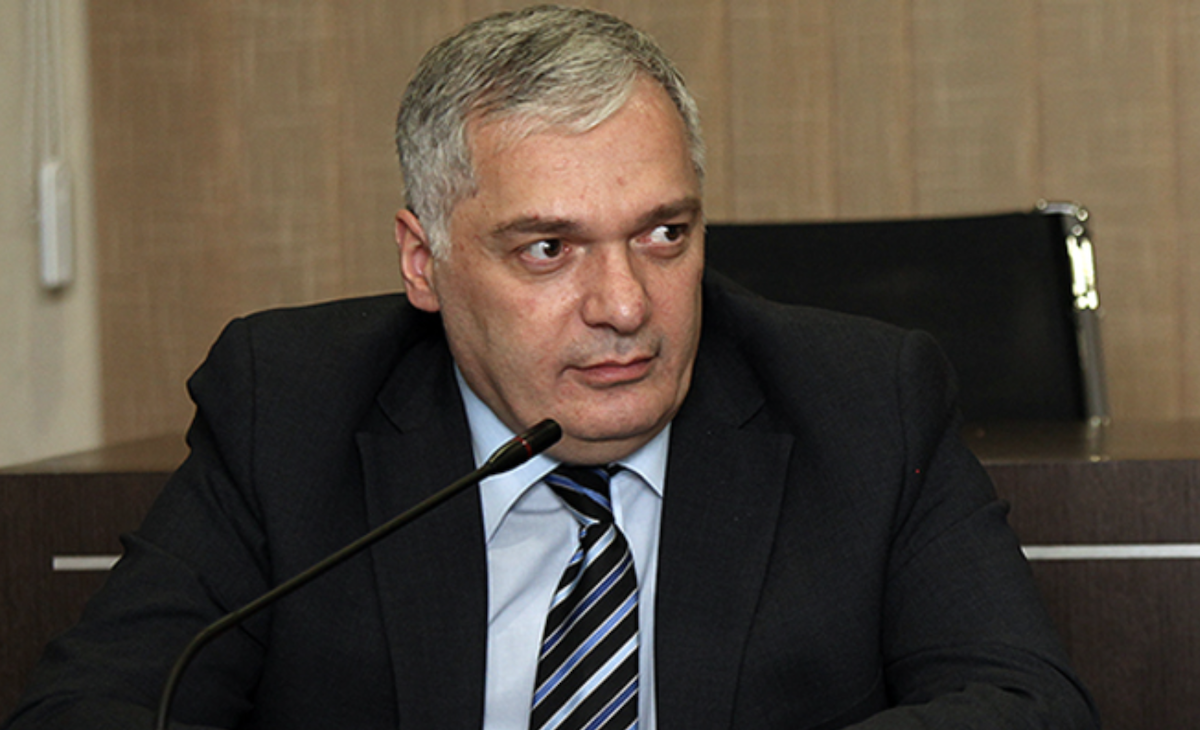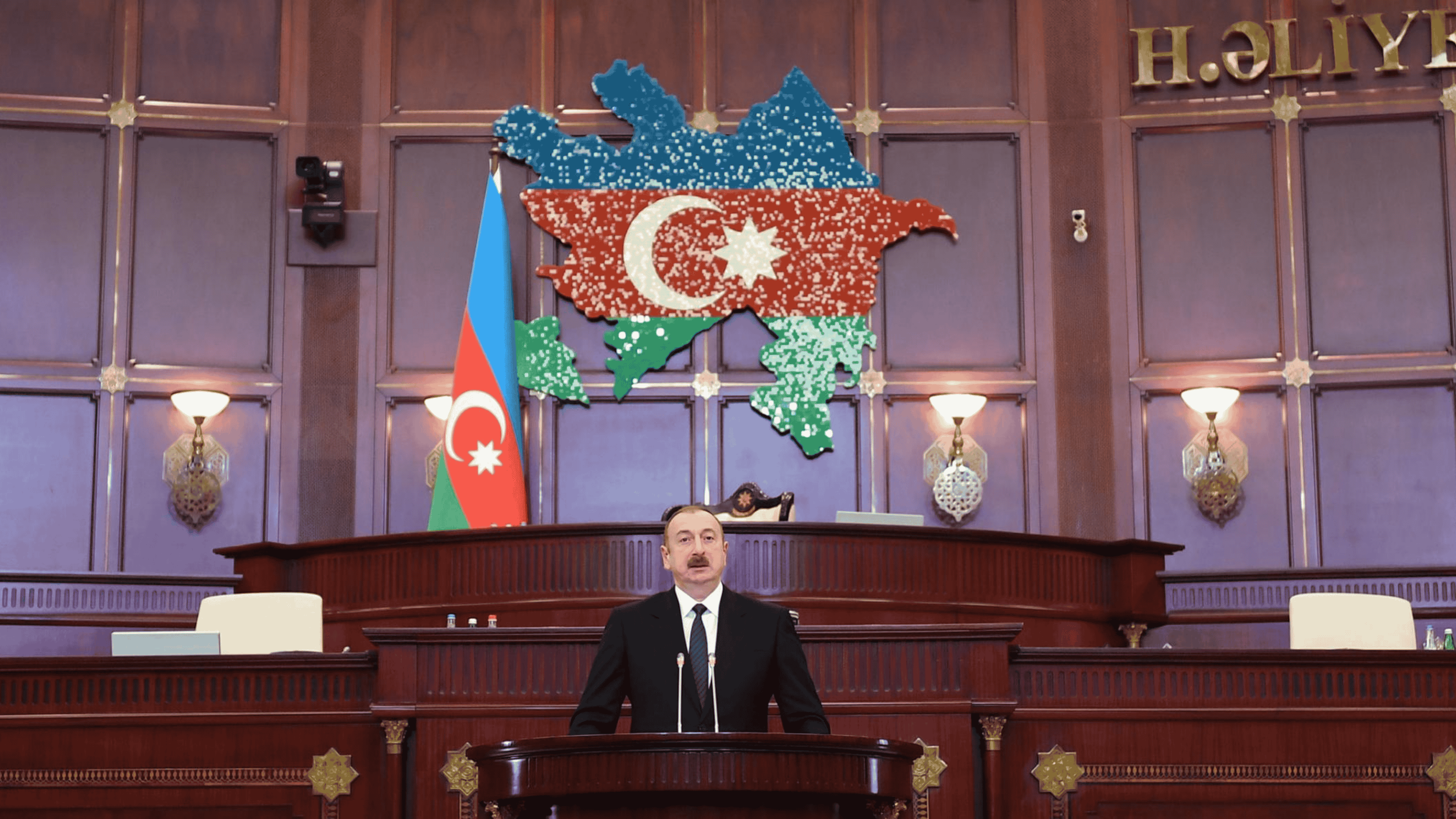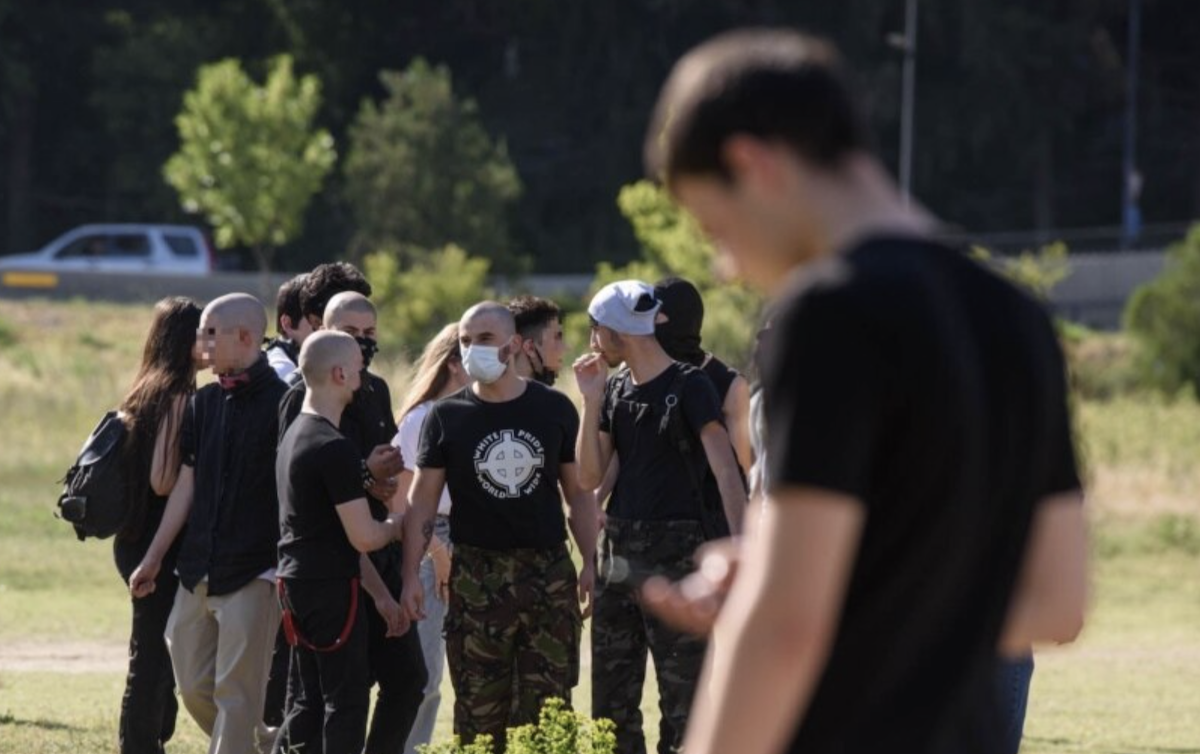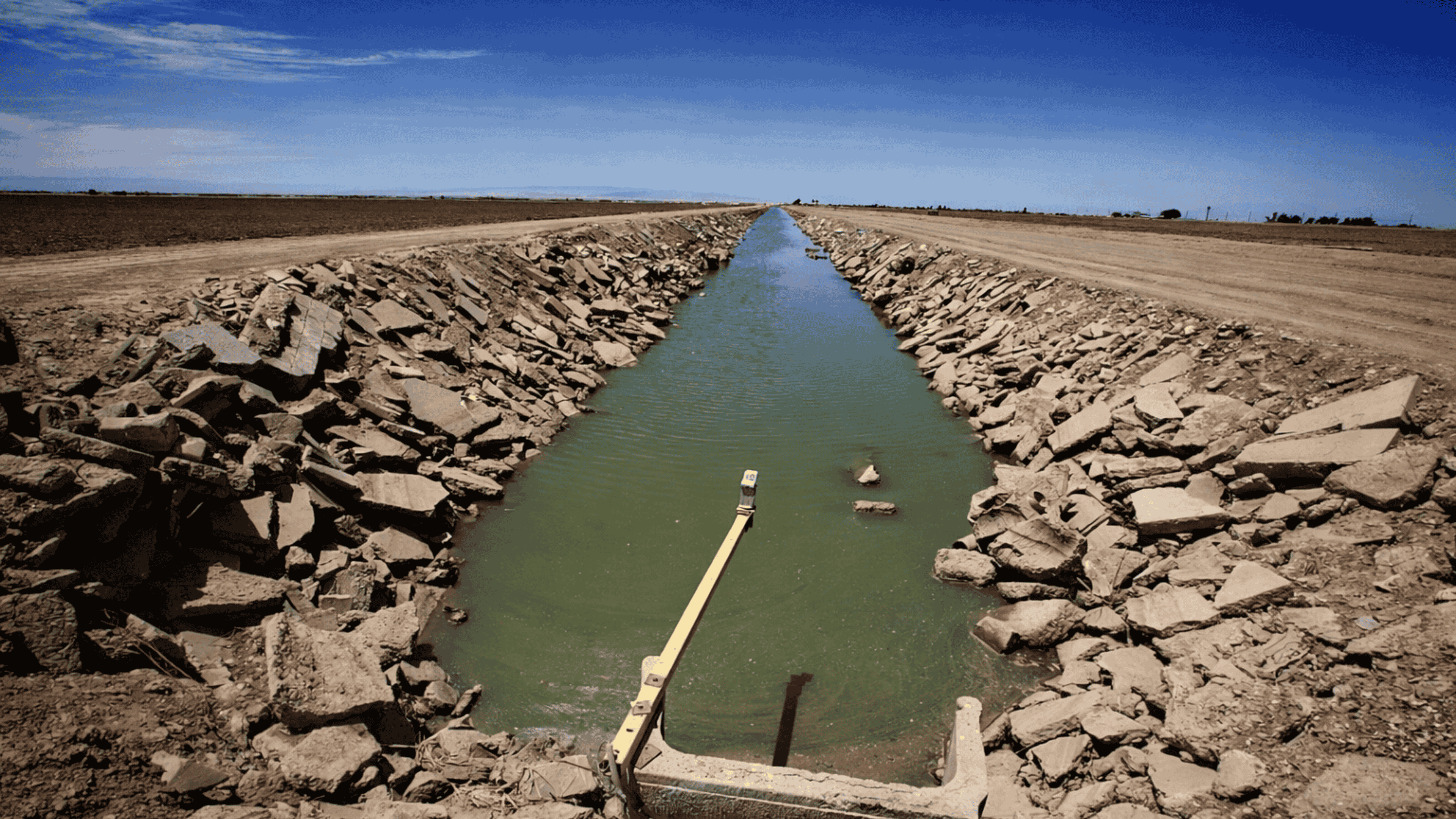Armenian PM calls to resume peace negotiations with Azerbaijan
“Armenia is waiting for proposals to resume peace negotiations with Azerbaijan”, Prime Minister Nikol Pashinyan said during the government session on August 12. The statement came shortly after the series of frequent incidents on the Armenian-Azerbaijani border. While in recent days there have been reports of shelling of positions, on July 28, as a result of a firefight, three Armenian servicemen were killed.
After this incident, the head of the Ministry of Defense ordered to “destroy the Azerbaijani servicemen trying to cross the border of Armenia”. Earlier, unconfirmed information was circulated in the Armenian media that the Armenian units were ordered not to shoot at border violators, and videos of hand-to-hand fighting between the military of the two countries appeared on social media.
Now, experts suggest that the purpose of Nikol Pashinyan’s statement is to balance the harsh rhetoric of Yerevan in recent days.
- CSTO Secretary-General visit to Armenia sparks criticism
- Karabakh: “Everything in my life changed not during the war, but a week after the armistice”
- Baku blames Russian peacekeepers for recent fire exchange in Karabakh
“Further deepening of hostility in the region is unacceptable”
“I want to emphasize that Armenia is ready to participate in the negotiation process both at the high and the highest levels, and we are waiting for concrete proposals,” the Prime Minister said, addressing members of the government and all residents of the country at a Cabinet meeting, which, as usual, was broadcast live.
He recalled the latest statement of the OSCE Minsk Group of July 29, the main message of which was the adoption of measures to reduce tensions along the Armenian-Azerbaijani border. The Minsk Group co-chairs also called on Armenia and Azerbaijan to start negotiations without preconditions.
Pashinyan recalled that on July 30, the Armenian Foreign Ministry welcomed the statement of the MG co-chairs, expressing Armenia’s commitment to the resumption of peace talks.
Speaking about the ongoing firefight on the border of Armenia and Azerbaijan, the Prime Minister stressed:
“We have no intention to conquer territories, our intention is to preserve our sovereignty and territorial integrity. We have no aggressive intentions. We are ready to start an active dialogue on this agenda with the support of international partners, if necessary, and through direct contacts. “
And Pashinyan believes that at this stage, the identification of the initiator of violations of the ceasefire regime and the targeted condemnation of the provocateur can be essential for stabilizing the situation. But such a process is difficult to imagine without launching international monitoring mechanisms, in connection with which he recalled his proposal to assume this role to the OSCE Minsk Group co-chairing countries – Russia, the United States and France.
Region unblocking and border demarcation
The prime minister also spoke about the importance of resuming the work of the trilateral working group in the format of the deputy prime ministers of Armenia, Russia and Azerbaijan, which is entrusted with the implementation of one of the points of the document on the cessation of hostilities in Karabakh. It is about unblocking economic and transport communications in the region, and on this issue the parties have significant disagreements.
But now the Armenian prime minister said that the establishment, development of normal relations with neighboring countries is the key to lasting peace in the region.
The head of government also noted that Armenia’s position is unchanged on the issue
demarcation and delimitation of the Armenian-Azerbaijani border – this work also needs to be intensified.
“Further deepening of hostility and confrontation in the region is unacceptable. This is a threat not only to regional, but also to international security, ”Pashinyan concluded.
Expert opinion
Political observer Hakob Badalyan believes that the goal of Nikol Pashinyan’s statements is to balance the harsh rhetoric of Yerevan in recent days:
“To show that Armenia is not guided by an aggressive agenda, but considers tough statements as a necessary tool to advance a peaceful agenda dictated by Azerbaijan’s destructiveness and aggression.”
According to the expert, on the issue of demarcation and delimitation, the fundamental difference between the positions of Yerevan and Baku is obvious:
“For Baku, the main goal of this process is to close the issue of the status of Karabakh, and Yerevan, speaking for the process of demarcation and demarcation of the border, nevertheless, notes that it can in no way be connected with the Karabakh issue.
The presence of these conflicting positions makes a quick start to the process unlikely, and it is clear that the parties are now busy reinforcing their agendas and positions.
In this sense, the position of the co-chairing countries of the Minsk Group [mediators of the peace negotiations on the settlement of the Karabakh conflict, which ended after the war in the fall of 2020 – JAMnews] on this issue is important.
In a recent statement, the co-chairs invited the parties to enter into a direct dialogue under the auspices of the co-chairs, each of whom brings up their agenda and priorities for discussion.
Yerevan actually reacts positively to the proposal of the co-chairs, but for Baku this is a problem, because it can limit the possibility of using the instrument of military blackmail. “
The other day, the Secretary-General of the CSTO military bloc operating under the auspices of Russia paid a working visit to Armenia. Armenia is a member of this military alliance and turned to him for help back in May, when the Azerbaijani Armed Forces penetrated the border and fortified themselves on its sovereign territory. However, the collective security treaty organization has not yet provided assistance to its member.
Stanislav Zas, who arrived in Armenia, continued to talk about “concern” and “monitoring” of the situation. And some experts in Armenia linked the Prime Minister’s statements to the results of the meeting with the CSTO Secretary General, but Hakob Badalyan has a different opinion:
“The significance of the visit is insignificant here, or it is important in the sense that Pashinyan actually repeated the proposal to monitor the Armenian-Azerbaijani border by the CSTO, saying that if the CSTO does not agree, the Minsk Group co-chair countries should conduct monitoring.
Zas’s visit to Yerevan once again demonstrated the difference in the views and approaches of the organization and Armenia, thereby giving Yerevan the opportunity to apply to the format of the Minsk Group co-chairmanship with a proposal for monitoring. “










